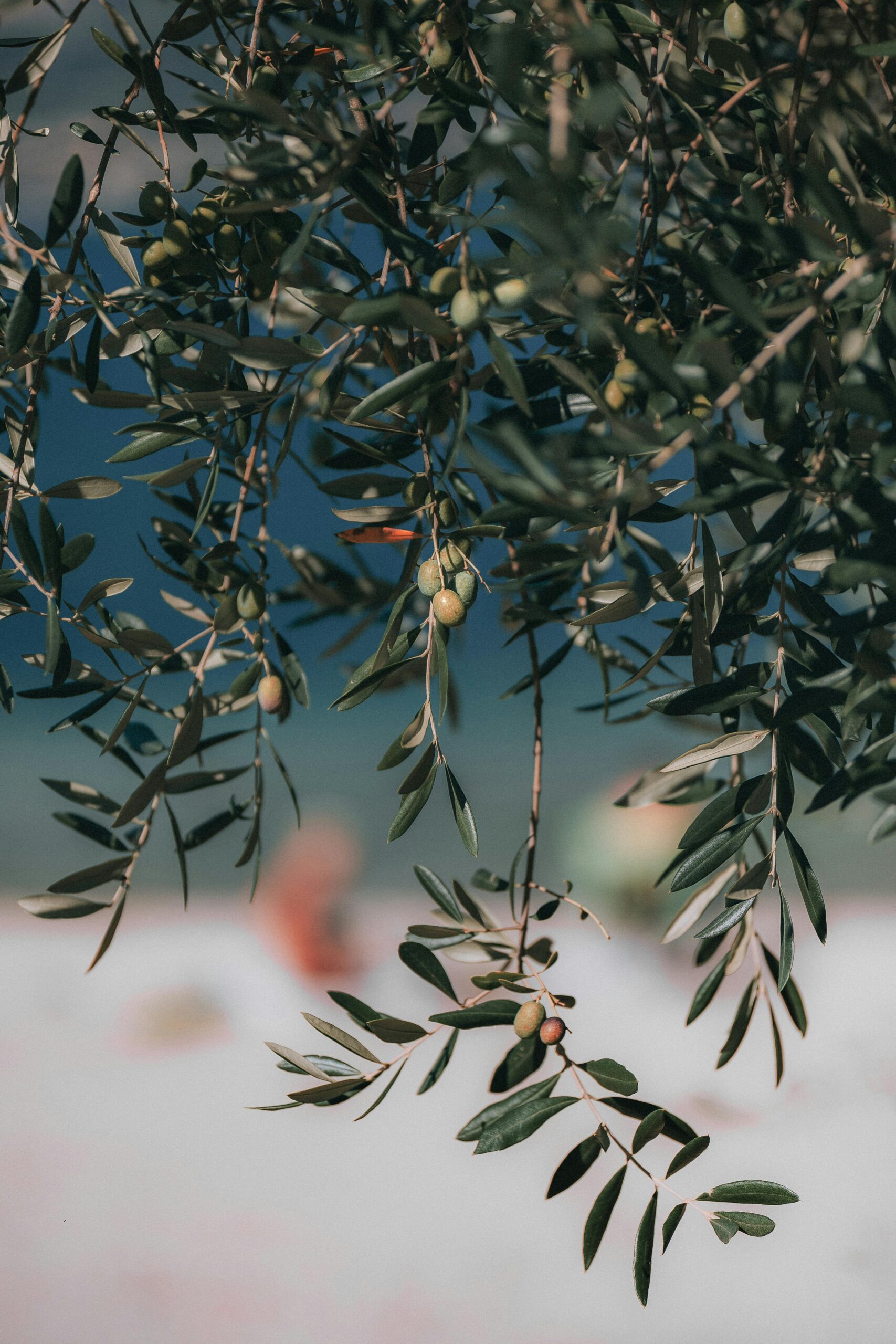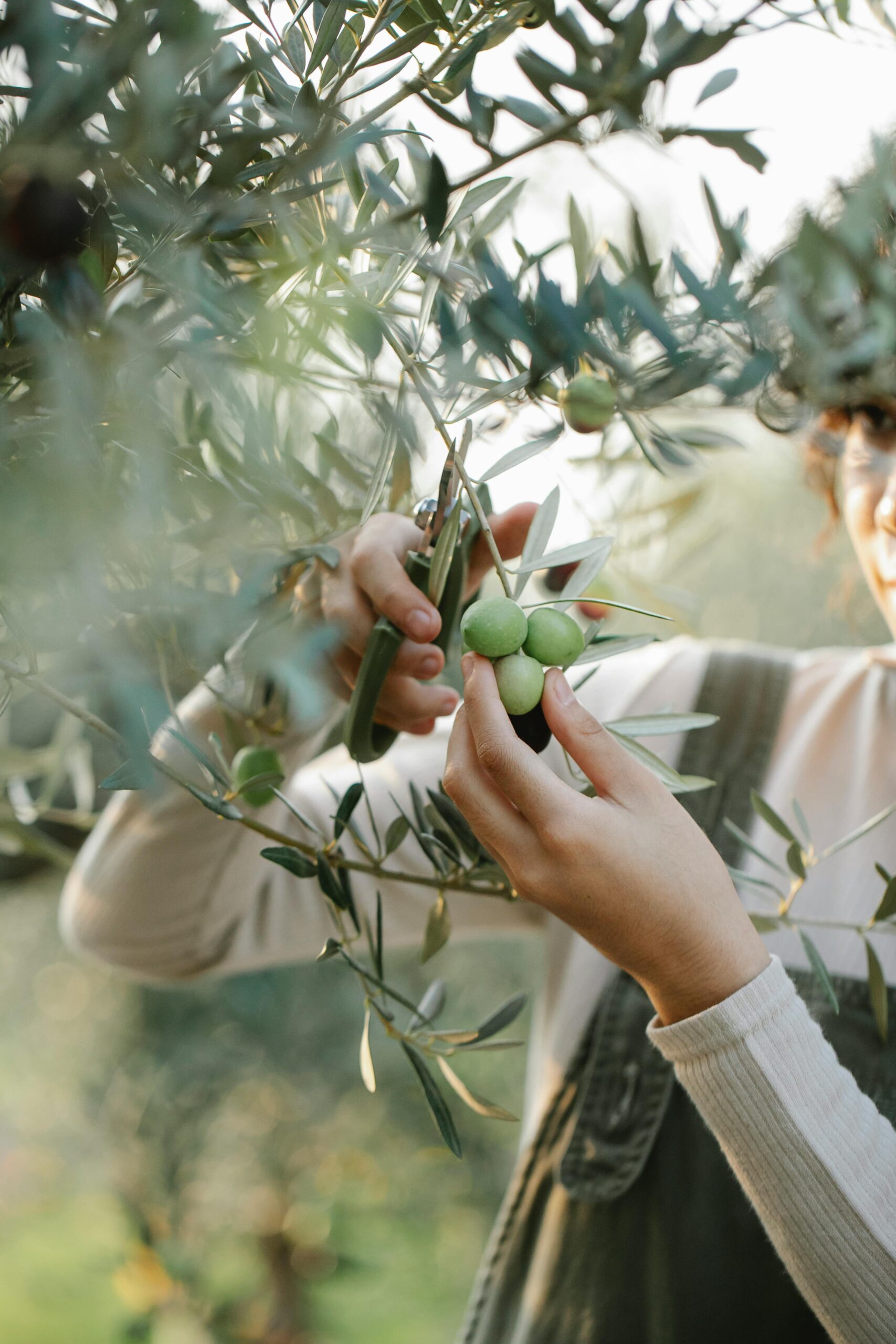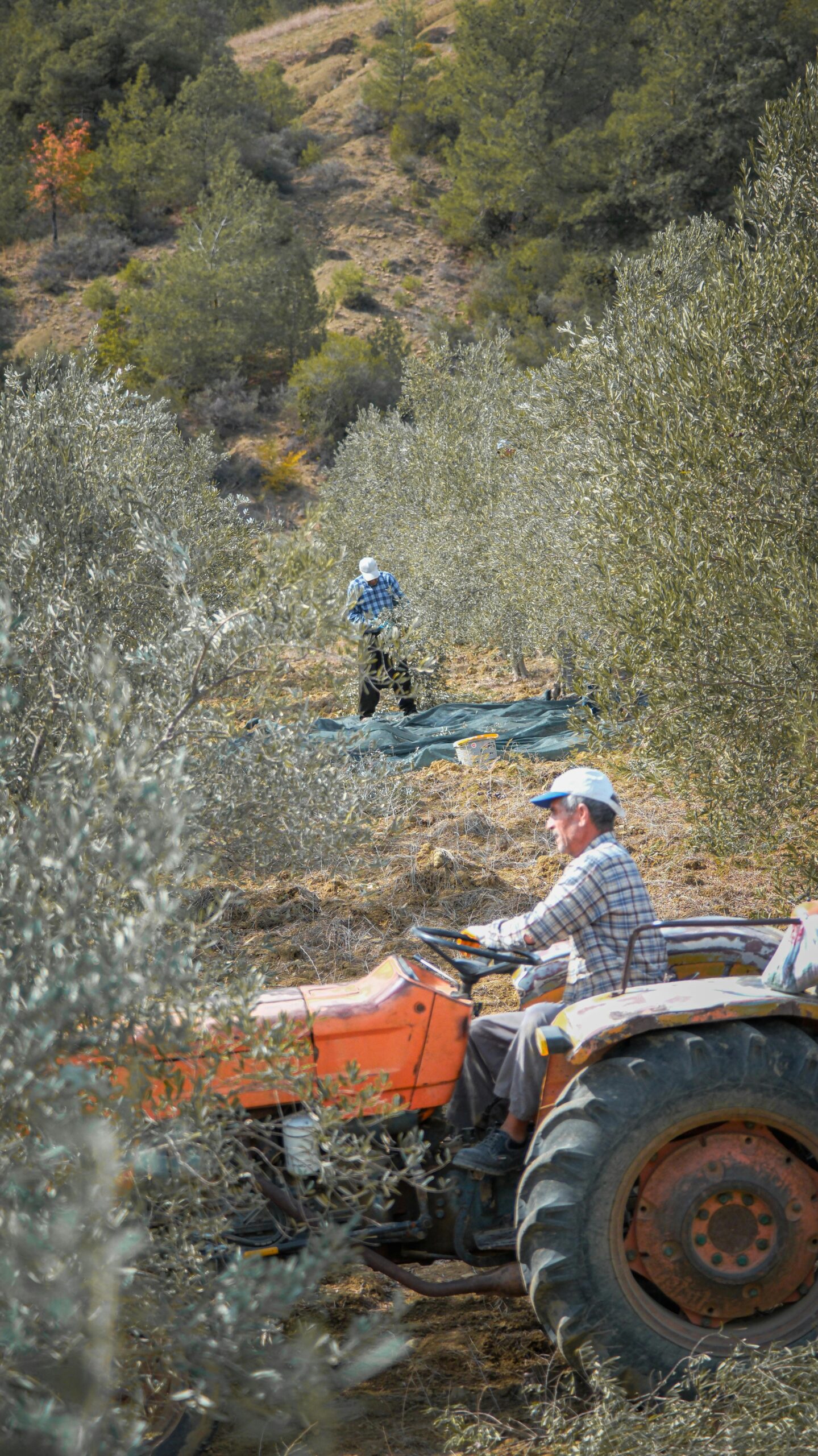Project Description:
The SOLIVEO project led by the Institute of Population and Social Research at Marmara University seeks to enhance sustainable olive oil production in Bozdoğan, Türkiye. By combining traditional farming knowledge with modern scientific techniques, the project aims to improve yields and quality while promoting environmental and economic resilience. Over seven months, local farmers and students will engage as citizen scientists in various activities such as soil composition analysis, pest monitoring, and organic farming practices. Workshops and field visits will document ancient production methods, identify strengths and weaknesses, and provide targeted training. The project focuses on empowering women and young farmers, fostering community engagement, and knowledge sharing.
Key activities include stakeholder consultations, training programs, data collection, and public dissemination of results through a dedicated website and social media. The project aspires to influence agricultural policies and inspire similar initiatives globally, promoting sustainable agriculture and economic development in the region
Project Type: Kick Starting Grant
Theme: Sustainable Lifestyles, Food
Mentor:Fermín Serrano
CITIZENS FOR SUSTAINABLE OLIVE OIL PRODUCTION (SOLIVEO)
The Project and People
Citizens for Sustainable Olive Oil Production is an interdisciplinary project designed to enhance sustainable olive oil production in Bozdoğan, Türkiye. By integrating traditional agricultural practices with modern scientific techniques, the project addresses the environmental, economic, and social challenges facing the region. Through the active participation of local farmers and high school students as citizen scientists, SOLIVEO aims to improve production quality, promote sustainability, and empower women and youth.
What Did We Do and Where?
Our journey began with stakeholder consultations, bringing together local leaders, municipal officials, olive oil producers, and agricultural experts. These discussions enabled us to carefully plan the project and identify key participants.
We provided targeted training sessions for farmers, focusing on sustainable farming methods, advanced production techniques, and pest management strategies. Additionally, we conducted interview training for farmers, equipping them with the skills needed to gather valuable insights about both traditional and sustainable olive oil production methods. In a follow-up workshop, farmers shared their interview findings and discussed how to blend traditional and sustainable practices. This collaborative environment strengthened their roles as citizen scientists. Participants also experienced sustainable farming practices through virtual reality tools, offering a unique and immersive learning opportunity.

Our activities extended to Bozdoğan High School, where interactive training sessions taught students how to collect sustainability and olive oil consumption data through surveys. During subsequent workshops, they discussed qualitative results and shared their insights, deepening their understanding of sustainability.

Why Is This Important?
The SOLIVEO project addresses critical issues such as low agricultural profits and social inequalities. By improving olive oil production quality, promoting sustainable farming practices, and empowering women and youth, the initiative strengthens community resilience and contributes to the United Nations Sustainable Development Goals (SDGs).
Several organisations and community groups have already expressed interest in hosting workshops at their locations and engaging their members next spring. Subject to securing additional funding, our goal is to refine our protocol and its interpretation in collaboration with scientists. This will empower local communities to better understand and address soil-related issues, ultimately fostering a deeper connection with their urban environment.
What Did IMPETUS Provide?
The IMPETUS Program provided essential guidance, training, and funding. With this support, we designed effective training and workshop programs and established a digital platform for knowledge sharing. This assistance facilitated the adoption of sustainability concepts among citizens and enhanced the overall impact of the project.
What Is Next?
In the final stages, key activities will focus on engaging high school students in Istanbul. These activities will begin with educational sessions where students will learn about sustainability and olive oil production. They will receive training on conducting surveys and interviews and will generate valuable insights into community awareness and practices related to sustainable olive oil consumption.
The project will conclude with a closing event where findings and outcomes will be shared with stakeholders, policymakers, and the wider public. This event will celebrate the contributions of the IMPETUS program and citizen scientists, highlighting the potential of citizen science to drive sustainable agricultural practices.

Looking Ahead
SOLIVEO aims to leave a lasting legacy. The insights and data generated will contribute to academic articles in peer-reviewed journals, advancing research in sustainable agriculture. Additionally, the project outcomes will serve as a model for scaling similar initiatives in other regions, influencing agricultural policies, and promoting community-driven approaches to sustainability.



